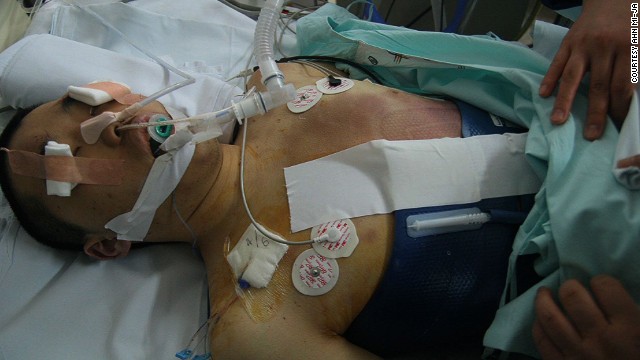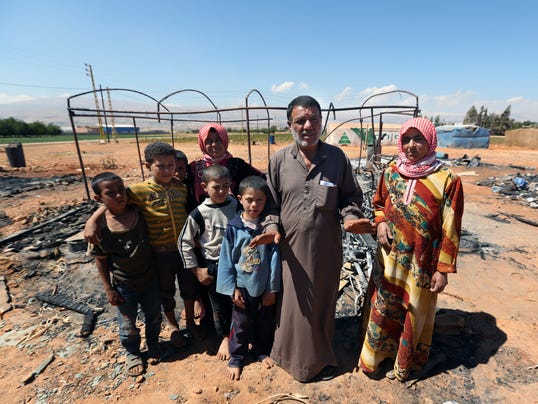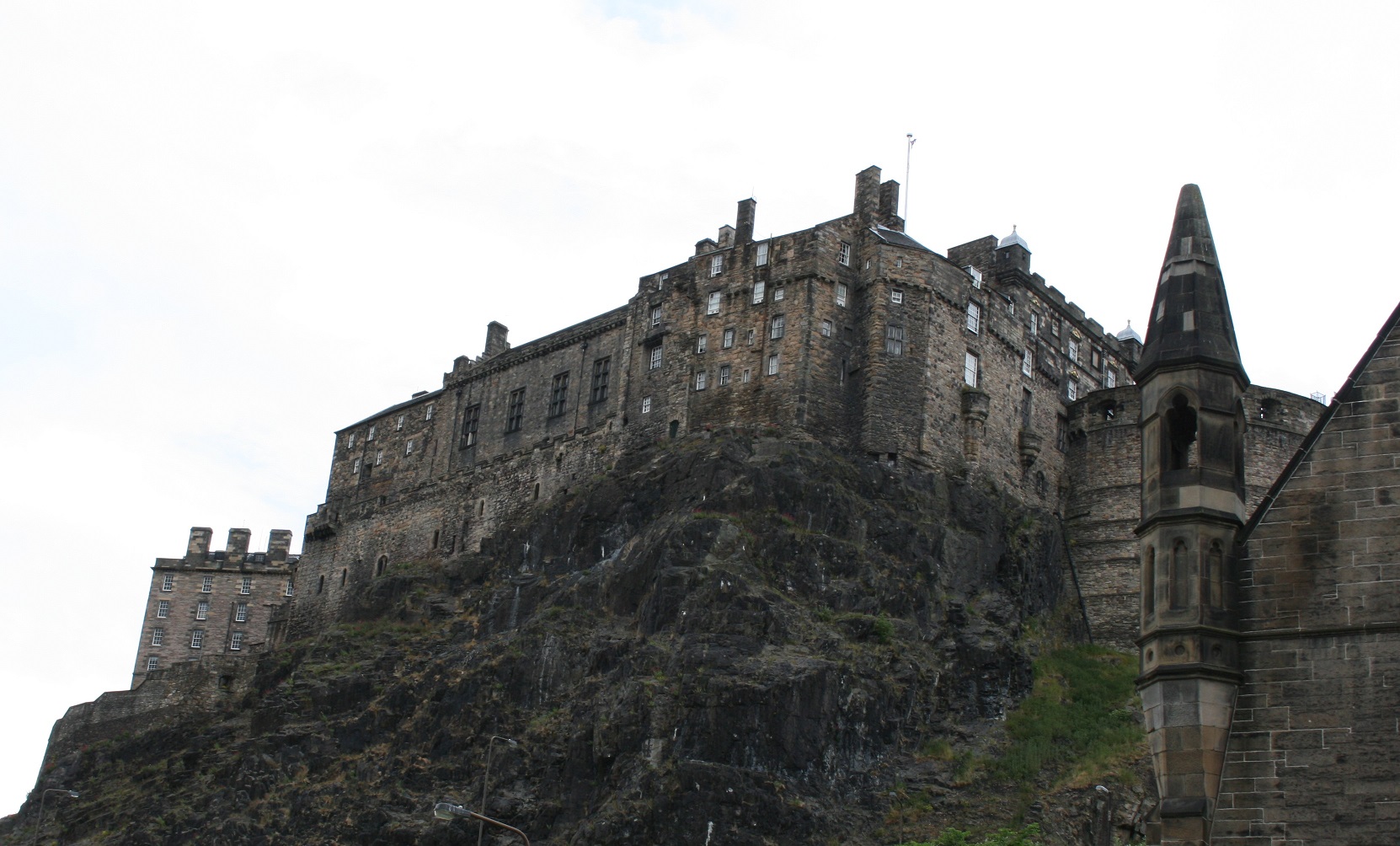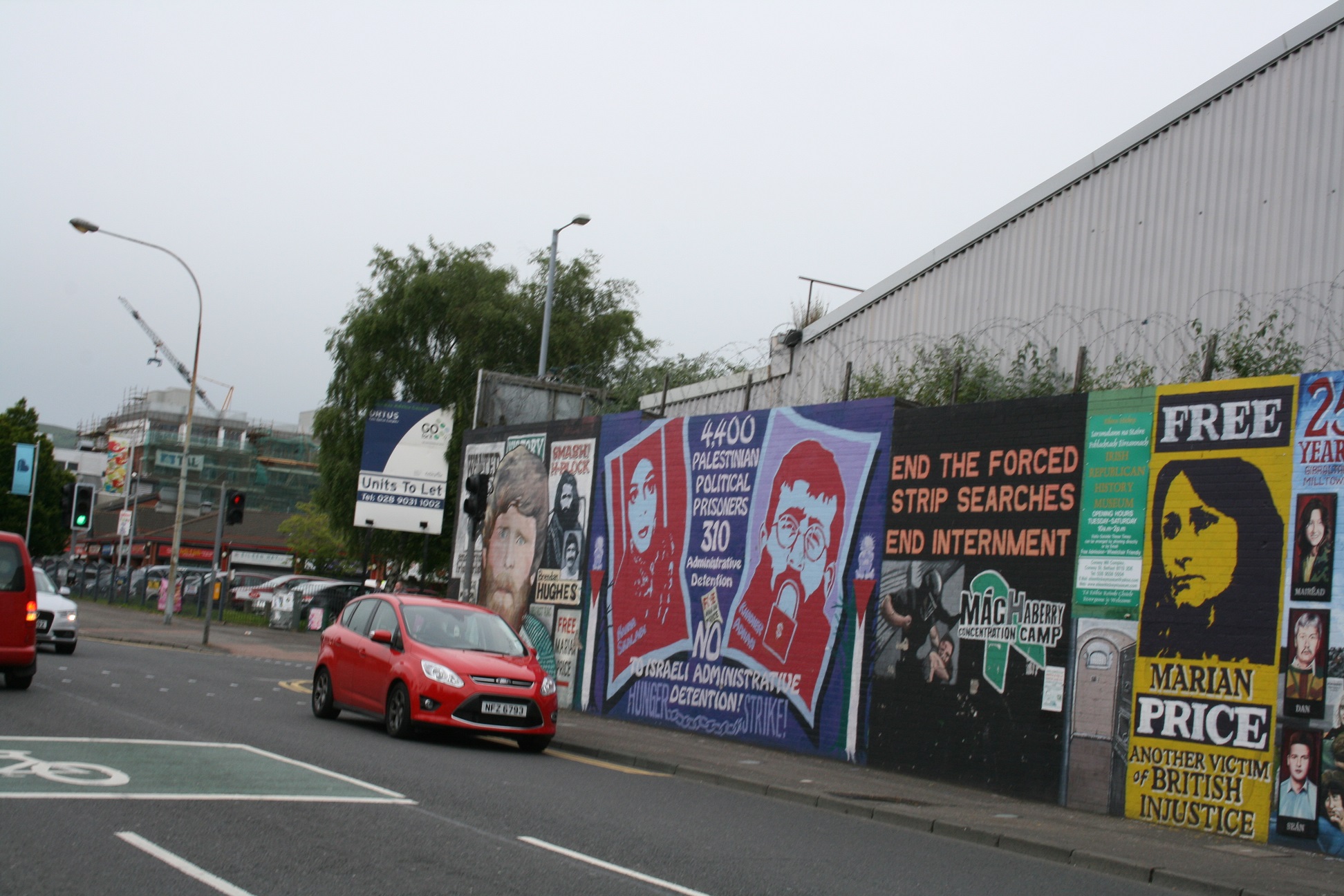By Hojin Choi
Impunity Watch Reporter, Asia
SEOUL, South Korea – There are two recent cases that implicitly demonstrate the abuse problems in the South Korean military.
In June, Sergeant Lim opened fire on his fellow soldiers. Five soldiers were killed and seven were injured. They were returning to their base after training, and, surprisingly, it was not a shooting spree since the sergeant aimed at each one of the victims. He attempted to commit suicide, but was arrested with severe injury.

In April, Private Yoon died in his military base after being beaten to death by his senior troops. Yoon had suffered from habitual abuse and bullying at the hands of his fellow troops. This incident was unknown to the public until the Korean civic group, the Center for Military Human Rights, revealed it.
These two cases have several similarities. First, at the outset, there were bullying problems. Second, Both Lim and Yoon faced their situations by themselves without any help from outside. The only difference is that Yoon had endured his suffering until he died while Lim exploded his anger through extreme retaliation, murdering his comrades. Several Korean media stated that if Lim did not kill the aggressors, he would have ended up like Sergeant Yoon.
What the 20-year-old private, Yoon, had suffered is close to torture. He was denied food and forced to consume phlegm and his own vomit. He was beaten with fists, feet, and mop handles until they broke. When he became groggy, he was hooked up with intravenous drip to be revived and beaten again as he woke up. He was ordered to hold “horse-riding” stances for hours and forced to have an irritating salve rubbed on his genitals. On April 6, he was forced to eat frozen food right after being punched and kicked. He died thereafter.

One of the key causes leading to such severe military violence is the closed environment of the military. Its strict and conservative hierarchy system tends to obscure the violence even after someone dies. This tendency is related to promotions of higher rank officials. Moreover, a strong “pecking order” within Korean society makes its people more vulnerable to bullying problems not only in the military but also at work places and in schools.
In Yoon’s case, several officials did recognize Yoon’s situation, but did not take action to intervene. The military officially confirmed his cause of death as choking. However, after the public outcries, it changed its report to “death from shock” by intensive physical abuses. The military has since brought murder charges against the suspects in Yoon’s case.
In addition to the characteristics of the military and society, the conscription system makes the violence function as a vicious circle. In South Korea, it is mandatory for all male citizens to join the military for 2 to 3 years. When lower rank soldiers become senior ranks, they repeat the violations that they have suffered on the new soldiers.
According to a statistical inquiry, there are 152 dead bodies, which are classified as death from “failure to adjust to military life,” kept in the military morgue. Their families have refused to take the bodies until the “truth” is revealed by independent investigations that include civil experts. In recent five years, over 120 soldiers have died in the military and 80 of them were classified as “suicides.” Allegedly, some of the bodies with “suicide” tags are not even real suicide cases.
In South Korea, people who could legally avoid the military duty by substituted work or low levels of physical condition are called “sons of god.” Private Yoon’s mother, Ahn Mi Ja, said to CNN that “I wanted to do to them exactly what they did to my son.”
For more information, please see:
CNN – South Korean soldiers face murder charge amid bullying claim – 4 September 2014
The New York Times – Outrage Builds in South Korea in Deadly Abuse of a Soldier – 6 August 2014
Asian Human Rights Commission – SOUTH KOREA: Military camps or government run torture centres? – 28 August 2014
BBC – South Korea military under fire over abuse – August 27 2014




